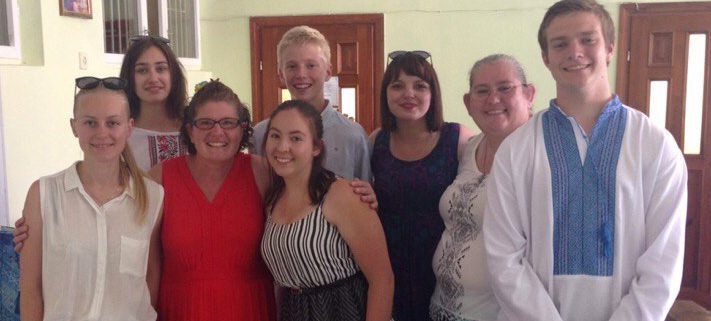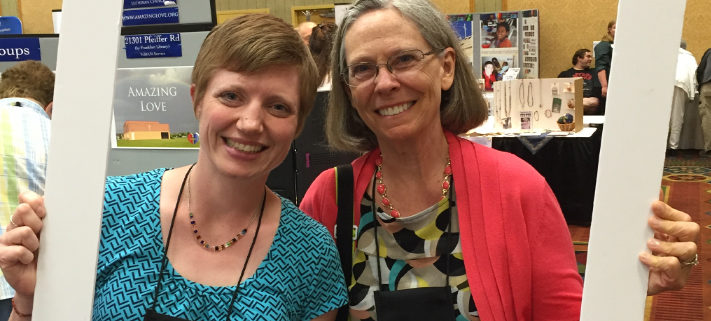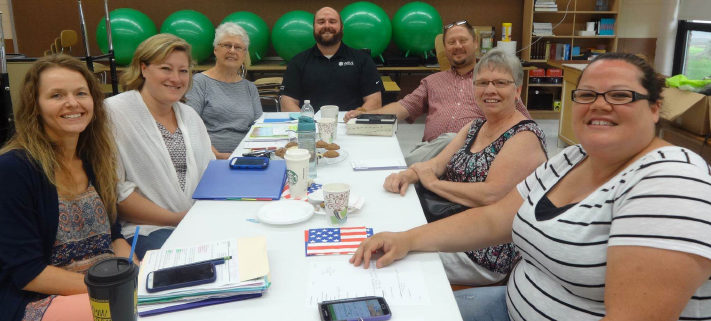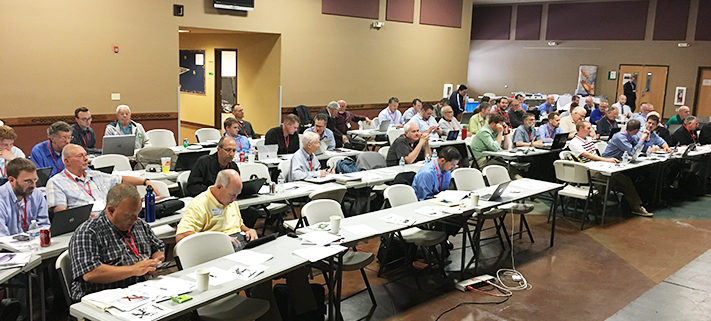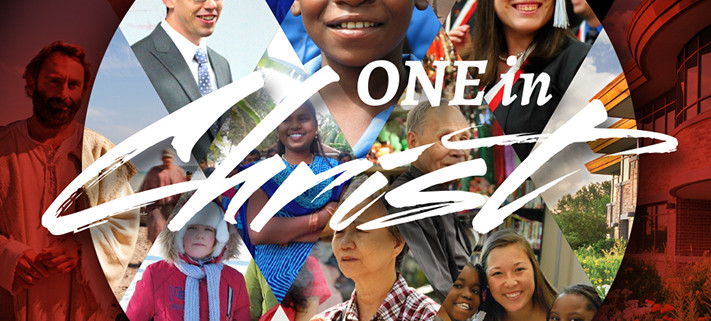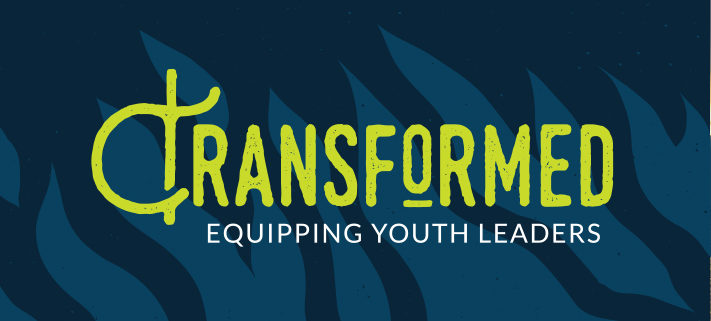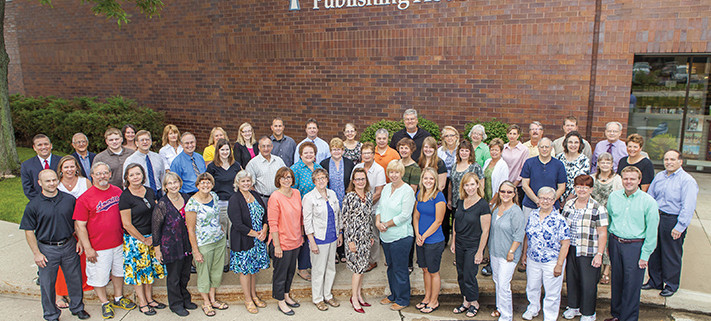October is Pastor Appreciation month. To celebrate, we invited readers to share stories showing their appreciation for their pastors. Here are some of their messages of thanksgiving. Thank you all for sharing these wonderful thoughts.
Wisconsin
Do you ever think about how many times your pastor served you in your life? Brought you closer to God? Gave you God’s blessings every Sunday in church? These are some of the highlights of my life of 88 years blessed through my pastors.
I thank God I had a Christian mother who had me baptized by our pastor. Then the Depression came. With seven children in our family, we were very poor. We couldn’t afford a Christmas tree. So the day before Christmas after the trees were picked over, my dad was able to get one free. Our church, through our pastor provided us with a basket full of food—God sent. I will never forget that.
I was confirmed by my pastor who taught me the law and gospel.
When I was 15 years old, I got sick. My mother called the doctor. He said I had the flu because I hurt all over. After three weeks, I asked my sister to help me walk to church so I could take communion. My pastor noticed how hard it was for me to walk. No sooner had I got home and the doorbell rang. To my surprise, it was my pastor. He asked me what was wrong with me. I told him the doctor wasn’t sure. My pastor said to me, “I am going to pick you up at 9 a.m. tomorrow morning to find out what is wrong with you.” So, that next day, he took me to a doctor, and they took x-rays from head to toe. My parents never received a bill. They still couldn’t find anything. On Tuesday they took me to the hospital for eight weeks. I had polio. Thanks to my pastor, they found out what was wrong and got me the proper treatment.
Later in life, I had a boyfriend. He was not WELS. We became engaged, my pastor gave him instruction, and he joined my church. My pastor married us. God blessed us with three sons. They were all baptized and confirmed by my pastor.
I couldn’t count the number of sermons and Bible classes my pastors preached and taught me all these years as well as giving me communion, which gave me forgiveness of sins, God’s undeserved love, and comfort.
My pastor comforted me when my husband died. I called my faithful pastor at six in the morning. I sure got him out of bed, but I needed him, and he came without hesitation. (He later performed my husband’s funeral.)
Our pastors are such a great gift that God has blessed us with.
Michigan
My pastor cares for me during a dark time in my life. My pastor has been my pastor for over 12 years. He has provided counseling for my wife and me when I was arrested again for my addiction problem in 2012. He would stop by our home to check in from time to time while I was waiting to be sentenced.
In 2013, I was sentenced and sent to prison. My pastor filed the paperwork for clergy visits and to provide communion, which requires a warden’s approval. He’s been visiting me monthly for the past three years, and I can always rely on him to say, “Mornin’,” along with a smile and a handshake, even though we meet in the afternoon. We spend time in God’s Word along with communion and then talk about our families.
He may not think that what he does is anything special, but a visit in prison means so much. It is very easy to get down on yourself in here, and the fact that he remembers me is something I treasure. I look forward to each and every visit from him.
Thank you, Pastor, for what you do. The Lord has blessed me with you in my life.
Minnesota
Pastor Gurgel retired a few years ago from the ministry. He and his wife, Barb, became members of our church when our pastor accepted a call to another congregation. Pastor Gurgel was available and accepted a call to serve as a vacancy pastor until a permanent pastor would accept a call to serve us.
We have been blessed with this call in spite of having two calls returned.
Pastor Gurgel has served the WELS in administrative offices over 20 years, 10 as president of WELS. Those who make it to the top in leadership positions may think they have reached a pinnacle, but serving as a pastor for one or more congregations by preaching the gospel of Christ is still most important.
I think I speak for our congregation and myself in thanking Pastor Gurgel for serving our congregation.
Montana
Pastor always starts and closes every meeting with a prayer, whether it is a private session, women’s Bible study, or a Sunday school teacher meeting. He preaches the true Word of God. He uses the law to show us out errors and then comforts us with the gospel and how we are saved by what Jesus Christ did for the world.
He takes time to greet every member and visitor with a hardy handshake and a big smile. He truly listens to you, and you feel (as he does) that he really cares about you and your life (even us old ladies!).
He and his family are truly an example of a Christian family and a blessing from God for us.
Wisconsin
We have two of the best full-time pastors and one part-time pastor, and they are really top-notch servants of the Lord who truthfully proclaim God’s Word on Sundays and in their daily lives.
I love the way they make a person feel when the service is over—their message is heartfelt and sincere, very informative, and something to remember as we leave.
In spite of personal health issues at home, they are always good-natured, uplifting, humble individuals and a joy to be around.
One day the Lord will say, “Well done, good and faithful servants.”
Arizona
We have three pastors, two are full time and one is retired.
One taught me to always look at the cross in times of trouble and to go to Jeremiah 29:11: “ ‘For I know the plans I have for you,’ declares the Lord. ‘Plans to prosper you and not to harm you, plans to give you hope and a future.’ “
The other has taught me about grace: “My grace is sufficient for you, for my power is made perfect in weakness” (2 Corinthians 12:9).
The retired pastor has taught me how the Word of God can come alive.
These pastors have taught me so much more, and we should honor them.
God called them to help us believers to read the Word and to pass on the gospel. Above all they taught me that God comes first in our lives and to always give him the honor.
Wisconsin
I will always be thankful to my pastor for the time he came to the hospital when our daughter was dying. I had to call him from the hospital to let him know she was dying soon. He had to leave his Sunday school teaching and came to be there with my daughter and us. Our daughter was a special young adult who felt a closeness to him, and I’m sure she was (as well as were we) especially thankful for his presence and his prayers.
Washington
The Sunday service at church is wonderful. Pastor always uses a unique and special worship setting based on the church calendar, and the hymns are selected to teach the lesson.
The sermon is also well thought out to present the truths so everyone—even the children—can understand that Jesus loves them and he is all they need. Pastor is patient and prayerful regarding the needs of the church. He works diligently and has a heart for our neighbors, the unchurched. He looks for ways to make church an exciting and interesting place to visit and feel welcome. His object is never to overwhelm, but to teach that the simplicity of Jesus is all you need, and you can speak the truth in love.
Wisconsin
Sometimes you stop and wonder how you get where you are in life. It’s no different for me. I struggled with religion and faith for most of my life.
Being raised in the Word doesn’t mean you will stay or believe what you are hearing if you are struggling in your heart for many other reasons. When you stray from a church and people for many years, you begin to develop some of your own beliefs and opinions about a wide range of things.
I never thought I’d meet a pastor and talk to one about stuff that I really thought. For me, talking with Pastor has become an important thing, because not only are my questions getting answered over time but I’m learning about God little by little. I don’t feel like I did as a kid where I was forced to learn something and felt like it was being shoved down my throat to the point that I hated it. Now I can ask why and not feel bad because I want to know. I don’t feel wrong about my questions, and I feel like I can ask them.
Pastor is really good at knowing if you are having a hard time with something and if you need a few words of encouragement. No matter what he is doing and no matter what time it is, he understands that life spins out of control for some at random times of day or night and he might be the life line you reach out to because you don’t know whom else you can trust.
Pastor never takes credit for what he does. He gives of his time to help others and is always willing to go the extra mile. I believe far too often people who attend church never know the hundreds of extra things their pastors do on a daily basis to show they care about what they do and about the people. Too often, people get bent out of shape over silly things like how long a sermon goes, what kind of songs we are singing, or if we are using the hymnals anymore.
God knows what’s in your heart, so all those things will not matter. But it does matter if those who know the Lord are willing to share what they know with others in whatever ways or means they can learn it.
That is only part of why I think pastors are so awesome, and I am grateful for the support I receive.
Illinois
Years ago, our church went through a terrible time. It split up Christians.
Then our new pastor came to us, and it could not have been easy for him. From his first sermon on, he started healing in our congregation. We felt secure and that he taught us from the Bible and put our Lord first in all affairs. He does not waver or compromise any of God’s laws and assures us of God’s love.
Wisconsin
I love being a member of a small church with a close-knit church family, a family who helps lift each other up spiritually and is always there to support and encourage one another. This is the type of church I grew up in, and this is why I appreciate my childhood pastor. He was and still is the leader of our church family.
When I was 16 years old, my pastor encouraged me to use my gifts and talents to serve the Lord by teaching Sunday school, and I did for years. As a lonely college student attending a public university, he guided me towards the WELS campus ministry at that university. I ended up becoming very involved by attending WELS college rallies and making lifelong Christian friends.
During my last year of college, I am ashamed to admit that I rarely attended church because I was working on weekends, trying to meet student teaching and graduation requirements, and dating a boyfriend I thought I could change. When all that ended, I was welcomed back with love as if I had never left.
It has been four years now since new careers led my husband and I to our new home. Every time I go visit my parents in my hometown though, I enjoy attending church services to listen and visit my former church family because I am so grateful for the spiritual guidance and Christian love that was shown to me over the years.
My parents did a wonderful job providing me with a Christian home and raising me in the Christian faith. All parents need help though, and my parents received that from my pastor. Now that my husband and I are parents, I cherish spiritual leaders like faithful pastors even more.
Connecticut
I wrote this poem for my pastor.
Pastors
Pastors are tough; yet tender,
Meek and might, all bundled together.
They walk by faith and not by sight,
Oftentimes working all day and into the night.
Courageous and with zeal,
A theological backbone of case hardened steel.
Intellect and humility,
Expected to exhibit the utmost in civility.
A living epistle; on display to all,
We measure their lives comparing them to Paul.
Relational warmth and rigors of study,
Molded by God as if made of putty.
A sense of humor and a seriousness of his calling,
Not afraid to take a risk and always avoids stalling.
A prayer warrior at heart,
Ready to help when the flock drifts apart.
Their first love is Christ and then their people,
Their Garden of Eden; gathering right there under the steeple.
Excerpt from Lifestyle Worship—Poems, Prayers and Ministry Resources
Wisconsin
Your pastor is your shepherd. He might not be the Good Shepherd, but he is your shepherd while on earth or in your church.
What does he do? Well, if you think he preaches one hour on Sunday and then has the rest of the week off, you have a lot to learn.
I might say that the past year we have over 140 new members and in one Sunday baptized eight children. That is a far cry from one hour on a Sunday.
We thank God for sending our pastor to be our good shepherd and pray for the Holy Spirit to guide him and protect him and his family. Thank you, Pastor, for being our good shepherd. God bless you.
Wisconsin
My wife was Catholic when we were dating. She went to church with me and she loved
our pastor’s sermons. She decided to turn Lutheran. Our pastor has a way of listening to our problems and then tells us how to handle them through the Word of God.
Letters are edited and personal references are removed.
Do you have a manuscript, idea, or story from your own life you’d like to share for use in Forward in Christ or on wels.net? Use our online form to share it to our editorial office for consideration.
Get inspirational stories, spiritual help, and synod news from Forward in Christ every month. Print and digital subscriptions are available from Northwestern Publishing House.
Author: Various Authors
Volume 103, Number 10
Issue: October 2016
Copyrighted by WELS Forward in Christ © 2021
Forward in Christ grants permission for any original article (not a reprint) to be printed for use in a WELS church, school, or organization, provided that it is distributed free and indicate Forward in Christ as the source. Images may not be reproduced except in the context of its article. Contact us



